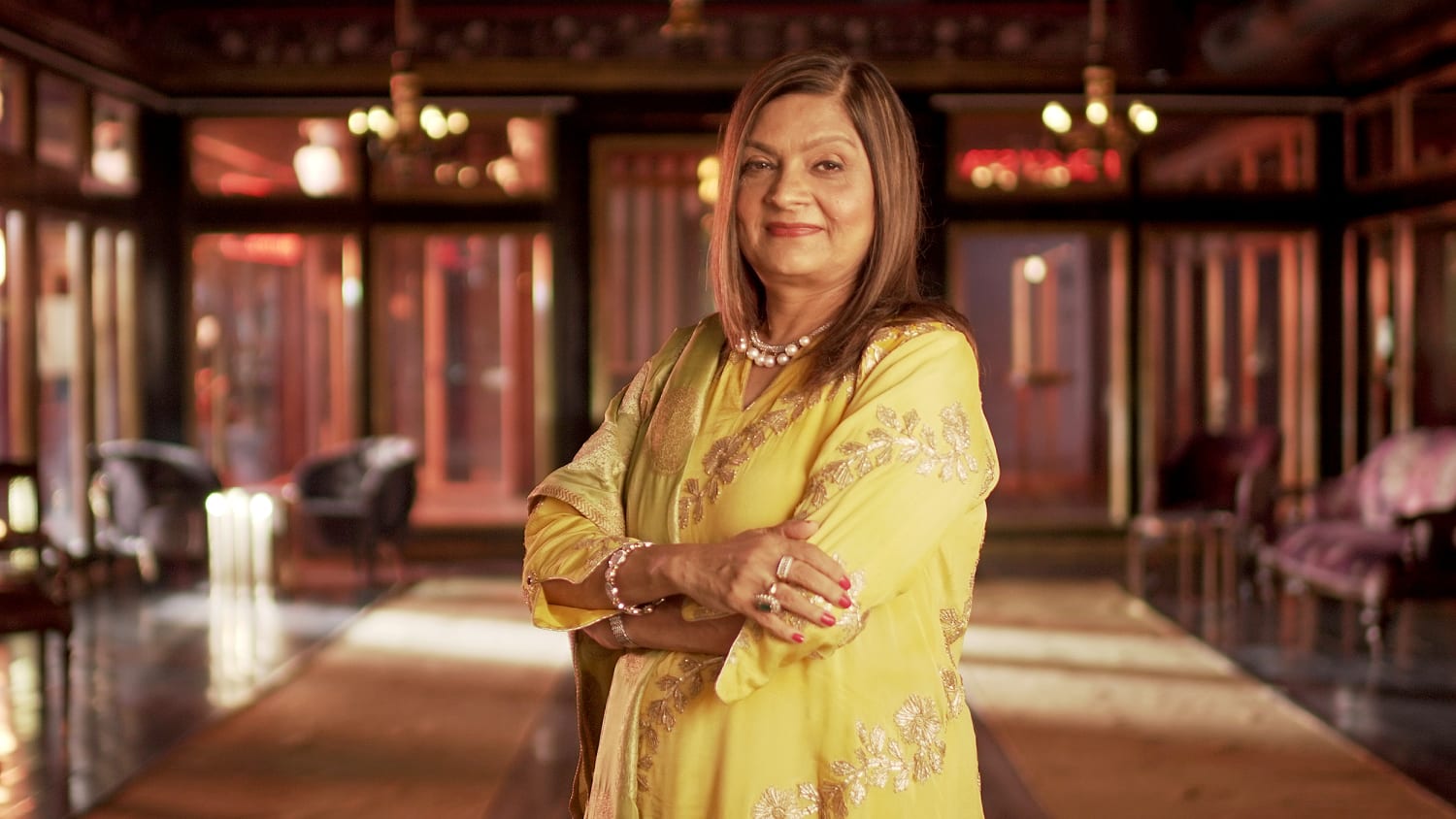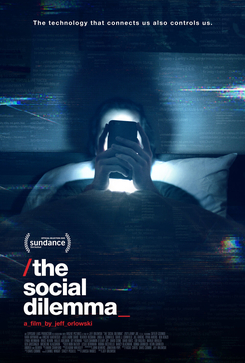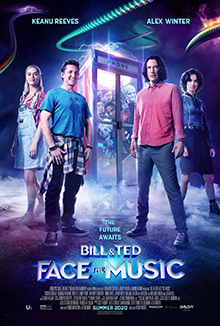SPOILER ALERT: I will be giving away a lot of plot points to both Indian Matchmaking and A Suitable Girl in this post. Consider yourself warned.
Like most of the world, I bingewatched Indian Matchmaking in July and was alternately tickled and horrified. Mostly tickled by the Indian-Americans who were just desperate and looking for love, and then horrified by the regressive Indians who seemed to think that getting a wife was the equivalent of hiring a maid that you don't have to pay. So you know, slave labor. At the center of it all, of course, was the infamous matchmaker, Sima Taparia, aka Sima auntie, aka Sima from Mumbai.

Sima got a lot of flack for her approach, but frankly, she was only reflecting the truth about how Indians treat marriage: as an economic necessity, rather than an emotional one. I found myself terrifically angry with the Indian men on the show (throughout this post, if I say "Indian," I mean those who are actually living in India, while the rest are "Indian-American") who were the typical rich boys who've had every whim catered to by their indulgent mothers and are now looking for more of the same from their potential bride. They looked bewildered when asked "what do you think women want?" because for the first time, they had to grapple with the fact that maybe women have thoughts and feelings too. It was a given that their wives wouldn't work after marriage and would have to "adjust" to living in the family home and following the dictates set out by their mother. When they went on dates with potential matches, the awkwardness was palpable as these men clearly had no idea how to even hold a conversation. It was all a far cry from the Indian-Americans availing themselves of Sima's services who actually had some semblance of personality and some idea of what kind of person they wanted to be with, as opposed to just saying "I need someone who can cook and do whatever my mother tells her to."
White people found this all fascinating, along with the woke backlashes about all the rampant colorism where people only wanted a partner who was "fair." And one of the major criticisms of the show is that it only focused on upper class families, where the men and women actually have choices. After all, no one on this show was ultimately forced into a marriage against their will; Sima auntie's services were more like using a personalized dating app. That's certainly how the Indian Americans used her, with people ultimately loving how Aparna from Texas knew what she wanted and wasn't going to settle. The Indian heroine of this show was Ankita, the woman from Delhi who decided she wasn't enjoying this process and was going to focus on herself and her career instead. Her parents indulgently said, oh yes, she's so modern for her time, she can do whatever she likes. And that's what every liberal Indian will tell you about the use of matchmakers and the wedding industrial complex: no one is being forced into anything, it really is just like dating, it's all very modern and refined now. To which I say, fuck that. Every Indian is complicit in the way that women are raised in their society to think that their value comes from getting married. Indian Matchmaking's glossy production and comic reality show editing may not make that wholly apparent, but one of its producers, Smriti Mundhra, co-directed with Sarita Khurana the excellent 2017 documentary, A Suitable Girl. That movie, which is where Smriti first met Sima, provides much more insight and nuance into this society that allows matchmaking services, matrimonial websites, and constant pressure on women to flourish until all they ever have is the illusion of choice.

A Suitable Girl followed three women, Dipti, Amrita, and Ritu, over four years in their quest to get married. I watched this movie after hearing about the Sima auntie connection and imagine my absolute delight when I discovered that Sima isn't featured because she is the matchmaker for one of these women; she's Ritu's MOTHER. If you thought this lady was rough on her female clients, you can't even imagine what she's like with her own flesh and blood. While Sima thought her daughter should just get married after getting her Bachelor's degree, Ritu insisted on getting a Master's and getting a job as a financial services consultant. She is obviously intelligent and loves her work, but her mother is buckling under the pressure from her friends, parents, and in-laws. Everyone is making snide comments about how Sima works to find matches for strangers but doesn't seem to care about finding a husband for her own daughter. Meanwhile Ritu is completely ambivalent and shuts down every time her parents bring up the topic of marriage. When she finally does get hitched, it's to a man who,
in her presence, says to the filmmakers, "Yeah, if it wasn't her, it would have to be someone else, our society doesn't give us any option except to marry. I hope I get reborn as a European so I can wait till I'm in my 40s, or don't even have to get married at all!" Ultimately, the two of them probably have a very strong marriage because the foundation of it appears to be, Hey, you are getting pressured into marrying a stranger too? Cool, guess we can be ambivalent and resigned about this whole process together! And that, dear reader, is all that Indians expect marriage to be. If you eventually develop slightly more positive feelings beyond ambivalence, that's the icing on the cake that they call "love".
Next, we have Amrita, a classic Delhi girl, who likes to party and shop, but also has her own career, the first working woman in her family. We meet her two months before her wedding to Keshav, who has told her that she can continue to work in his family business once they get married. We get a short history of their relationship from Keshav who says that he thought she was really pretty when they were in school together, but then they moved to different areas of the country. However, he would fly up to Delhi to visit Amrita and eventually they decided they wanted to get married. So theirs is a love marriage, albeit with full parental consent, natch. As we follow Amrita into her married years, we see the gradual subsummation of her identity and her independence. Her parents are so proud of how she has "adjusted" to her in-laws demands. Meanwhile, her dreams of working, or even just wearing some jeans around the house, are gone forever. And let's not forget, the topic of marriage isn't the only time a woman loses her choices. When chatting with a girlfriend, Amrita very matter-of-factly declares that oh, of course she has to have a kid after her third anniversary, she would be "declared dead" otherwise. In India, there's no need for love, but first comes marriage, and then comes baby in the baby carriage.
The final woman, Dipti, was my favorite of the three. She is what Sima would call a "difficult" match. Her family is probably poorer than the other two, and she is not "fair" and she is not "slim." This is a woman who could never afford Sima's matchmaking services, and when we meet her, she is a 29-year-old teacher who has been looking for a groom for a while. We see some potential matches she meets through matrimonial ads or a "Swayamwar" which is basically a weird Indian version of speed-dating along with your parents where the men are introduced in terms of their age, caste, and monthly income. Again, white people, you think this is bizarre, but Indians think this is perfectly normal. Because again, marriage in India is about economics. Women aren't expected to support themselves. So parents are looking to offload their daughter into a good family with enough money to support her. They are also willing to pay a dowry to get her married off, because an unmarried daughter is a shameful thing (plus, what about the grandbabies?!) Dipti's journey particularly showcases the pressure women can be under, when she falls into a period of depression after she has been ghosted by her umpteenth prospect. During her 30th birthday, every neighbor and relative says that their wish for Dipti is that she gets married soon (this includes little boys, not just elderly aunties, because this wish for all women to be married is taught to children early and continues on forever). At no point does anyone seem to care that Dipti has a job and could pursue a career. No one seems concerned that she doesn't have many friends (instead that's touted as a plus when a suitor visits, when her parents say, she only goes to work and then comes home, no wild party girl for you to worry about here!), because what's the point of having friends when all you need is a husband? There is so much people could do to help her when she's feeling down, but instead, everyone is fixated on the fact that the only possible solution to her malaise is marriage. And frankly, that is what ends up happening. She (of course) does eventually get married, but I have higher hopes for her marriage than anyone else's because all the rejections along the way seem to have at least given her a stronger sense of what she deserves from a husband. But still, there was no need for that woman to endure so much scrutiny and the constant sense of failure through the process.
If you enjoyed Indian Matchmaking but want actual social context, A Suitable Girl is a wonderful documentary that will 100% rip your emotional guts out and make you much more sympathetic to the Indian women in your life. If you have no desire to watch Indian Matchmaking glamorize the Indian marriage mart and want to go straight to the warts and all, then watch A Suitable Girl immediately. Basically, if all else fails, watch A Suitable Girl. It captures the essence of everything I find so troubling when I have to have the periodic conversations with my parents about whether they should "find me a boy" or that "it's time for me to settle down" or the fights with my grandmother about how I need to get married "because all my friends will get married and forget about me." In the modern Indian world, women still aren't independent entities capable of standing on their own two feet, and a husband is the only cure. And to be fair, this applies to the men too - they are also taught that marriage is their only destiny and are never taught to take care of themselves in any fashion, so they definitely need that bride to help iron their shirts and cook because they would otherwise legitimately perish. But, since they are also expected to work and have careers, they always have the eventual fallback option of hiring a maid and living the bachelor lifestyle. Women, however, may only have careers to pass the time before they find a groom. As such, there's a significant education/ambition gap, where women might not even pursue a degree or seek a promotion, thereby limiting their options from the get-go. As much as people proclaim to be liberal, those gender roles assigned by society from birth are deeply rooted in their psyches and modern India is still a world where people think marriage is the be all and end all of your existence. The struggle is real y'all, and A Suitable Girl is some indication as to why.








%7C(0%2C0%2C0%2C0)%7C(0%2C600)%7C(0%2C240)%22%7D%2C%7B%22overlay%22%3A%7B%22position%22%3A%22SouthEast%7C(30%2C30)%22%2C%22operations%22%3A%5B%7B%22image%22%3A%22image_manager%7C9bfb28b7-c5d2-4793-b2d9-25be36aa59de%22%7D%2C%7B%22resize%22%3A%22204x204%7Cmax%22%7D%2C%7B%22extent%22%3A%22204x204%22%7D%5D%7D%7D%2C%5D)


